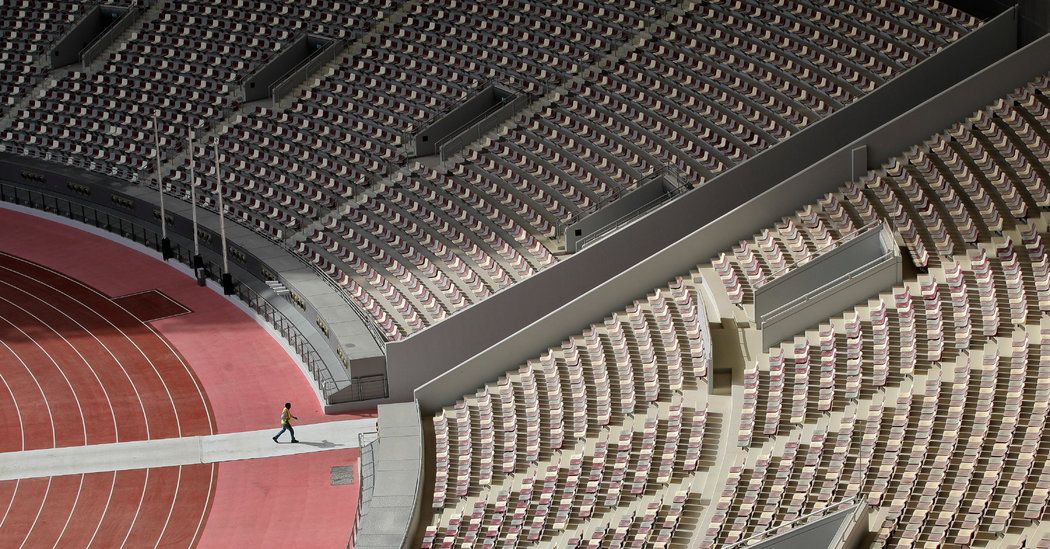
The pitch landed in an email inbox at the offices of Qatar’s World Cup bid at a crucial time in the summer of 2010, only months before FIFA would meet to pick the host of its quadrennial soccer championship. The sender was a little-known consultancy based in London, Cornerstone Global Associates, and in the email the company’s president laid out a plan to assist Qatar — tiny, dusty, hot and, to many observers, ill-suited to host sports’ most-watched event — with its mounting public relations problems. The Qataris declined the offer, one of several that had arrived unsolicited that summer, and Cornerstone’s president moved on as well: For the next few years, he continued to offer support for the emirate and its World Cup on his active social media accounts. But the criticism of Qatar did not go away: Year after year, news reports assailed the emirate about its unsuitability to host the World Cup, about the way it won the vote and about its treatment of migrant workers. In October 2017, the tone of the coverage turned ominous when the BBC led its website and news channel by warning darkly that there was “an increasing political risk that Qatar…